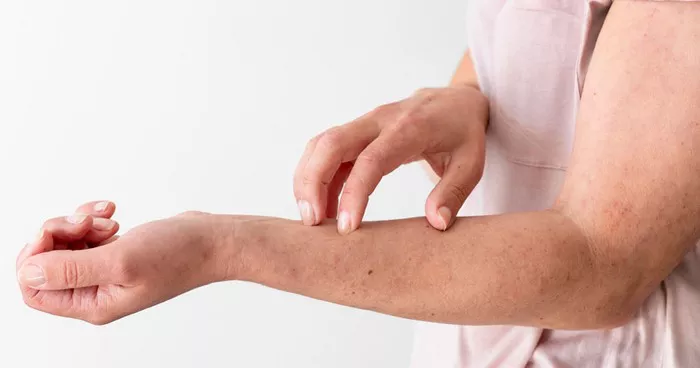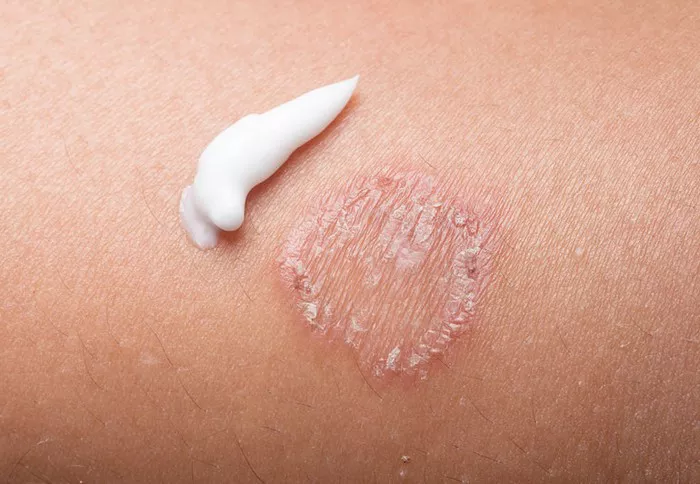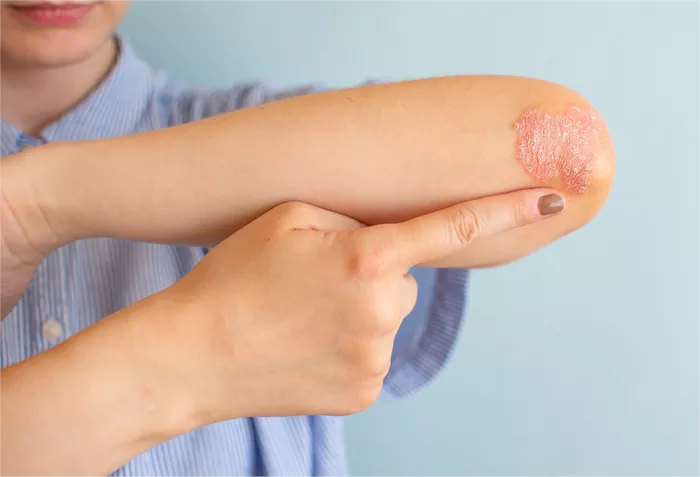Hives, medically known as urticaria, are a common skin condition characterized by raised, itchy welts that can appear suddenly and disappear within hours. While hives are typically acute and short-lived, lasting for a few hours to a few days, there is a subset of individuals who experience chronic hives. Chronic urticaria is defined as the presence of hives for six weeks or longer, occurring most days of the week. This prolonged duration raises the question: Can hives be permanent?
Understanding the Nature of Hives
Before delving into the possibility of permanent hives, it is essential to grasp the underlying mechanisms and triggers of this condition. Hives occur when certain cells in the skin release histamine and other chemicals into the bloodstream, causing blood vessels to leak fluid. This leakage results in the characteristic raised, red welts associated with hives.
Acute hives are often triggered by allergic reactions to foods, medications, insect stings, or environmental factors such as pollen or pet dander. However, chronic urticaria typically has a more complex etiology. While allergic triggers can still play a role in some cases, chronic hives are frequently idiopathic, meaning their cause is unknown.
Exploring the Causes of Chronic Urticaria
The exact cause of chronic urticaria remains elusive, but several factors have been implicated in its development:
1. Autoimmune Disorders: Research suggests that autoimmune mechanisms may contribute to chronic urticaria in a significant portion of cases. In autoimmune urticaria, the body’s immune system mistakenly attacks healthy cells in the skin, leading to the formation of hives.
2. Chronic Infections: Persistent infections, such as hepatitis, Epstein-Barr virus, or Helicobacter pylori, have been linked to chronic urticaria in some individuals. The immune response mounted against these infections may trigger the release of inflammatory mediators that cause hives.
3. Stress and Emotional Factors: While stress does not directly cause hives, it can exacerbate existing symptoms or trigger flare-ups in susceptible individuals. The exact mechanisms linking stress to urticaria are not fully understood but likely involve the release of stress hormones and modulation of immune function.
4. Underlying Medical Conditions: Chronic urticaria has been associated with various underlying medical conditions, including thyroid disorders, lupus, and certain cancers. Treating the underlying condition may alleviate hives symptoms in some cases.
The Challenge of Chronicity
Unlike acute hives, which often resolve spontaneously or with minimal intervention, chronic urticaria poses a significant challenge due to its persistent nature. While some individuals may experience periods of remission, others endure years of recurrent flare-ups and symptom management.
Treatment Strategies for Chronic Urticaria
Managing chronic urticaria requires a comprehensive approach tailored to the individual patient. Treatment strategies may include:
1. Antihistamines: First-line therapy for chronic urticaria typically involves non-sedating antihistamines, which help block the effects of histamine and alleviate itching and swelling.
2. Corticosteroids: In severe cases or during acute flare-ups, short courses of oral corticosteroids may be prescribed to rapidly suppress inflammation and relieve symptoms. However, long-term use of corticosteroids is generally discouraged due to the risk of adverse effects.
3. Immunosuppressants: For individuals with refractory chronic urticaria, immunosuppressive medications such as cyclosporine or methotrexate may be considered to modulate the immune response and reduce symptom severity.
4. Biologic Therapies: Recently, biologic agents targeting specific immune pathways involved in chronic urticaria have shown promise in clinical trials. These medications, such as omalizumab (Xolair) and dupilumab (Dupixent), offer new avenues for treatment in patients who do not respond to conventional therapies.
5. Lifestyle Modifications: Adopting a healthy lifestyle, managing stress, avoiding known triggers, and practicing good skin hygiene can help minimize the frequency and severity of hives outbreaks.
The Outlook for Chronic Urticaria
While chronic urticaria can be a frustrating and debilitating condition, the prognosis is generally favorable with appropriate management. Many individuals experience spontaneous resolution of symptoms over time, while others find relief with ongoing treatment and symptom control. Close collaboration between patients and healthcare providers is essential to develop personalized treatment plans and optimize outcomes.
Conclusion
In conclusion, while hives are typically acute and transient, chronic urticaria can persist for months or even years, posing challenges for both patients and healthcare providers. Understanding the underlying mechanisms and triggers of chronic urticaria is crucial for effective management and symptom control. While hives may not be permanent in the traditional sense, they can certainly have a lasting impact on quality of life. With advances in treatment and ongoing research, there is hope for improved outcomes and relief for individuals living with chronic urticaria.


























